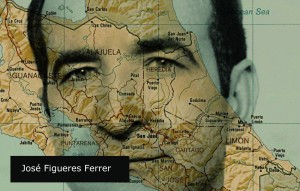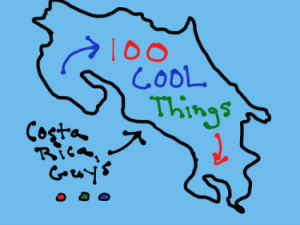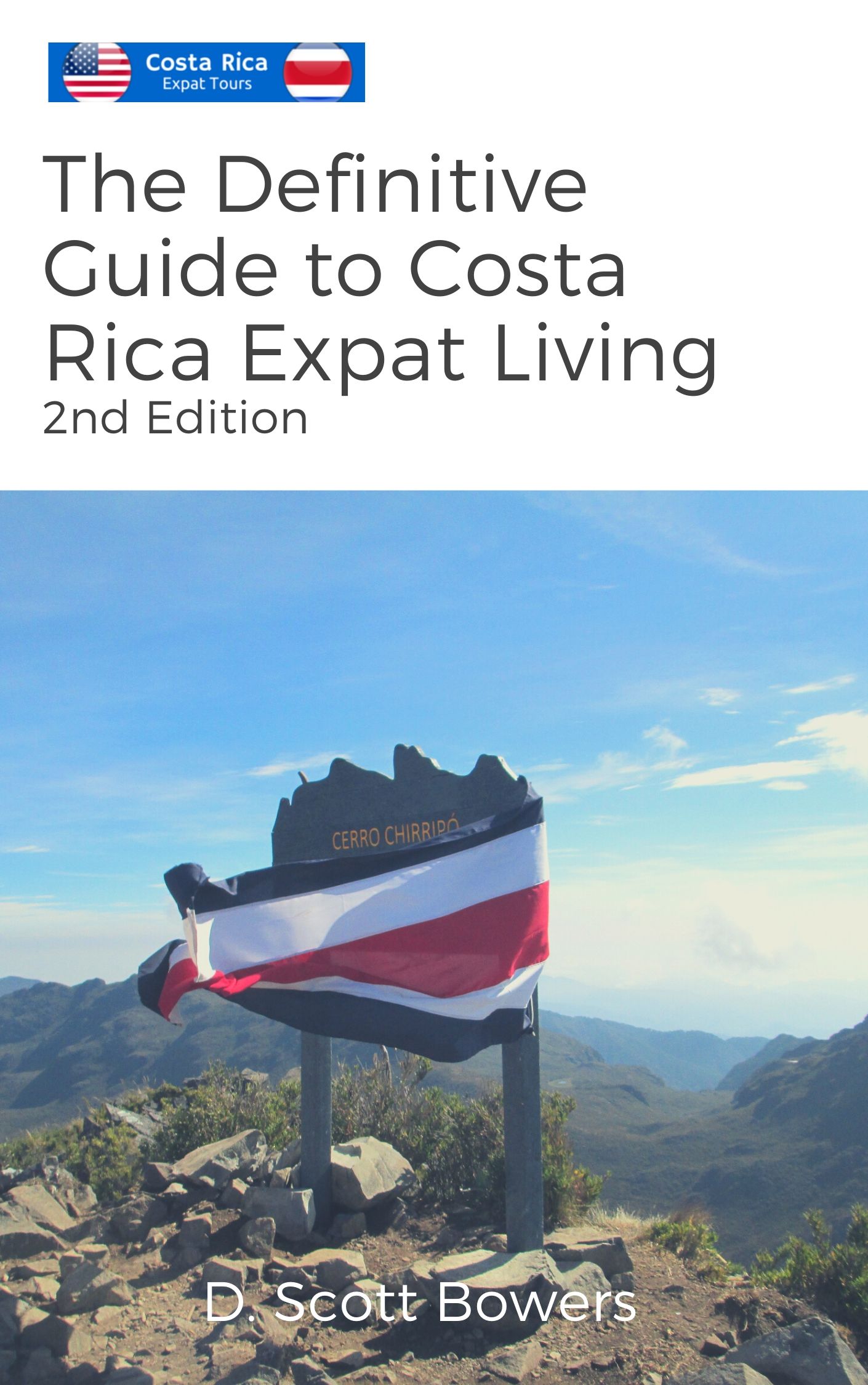
Costa Rica is unique in many ways.
One of its most dramatic and puzzling (to North Americans) attributes is its lack of a military and commitment to Costa Rica peace.
Many ask how can Costa Rica be safe when there has been so much strife to its north and south without a military to protect itself?
To understand more fully Costa Rica’s steadfast commitment to remaining neutral in the numerous conflicts of its neighbors, a bit of a Costa Rican history lesson is needed.
Like the U.S., Costa Rica was hit hard by the worldwide economic crisis of the late 1920’s known as the Great Depression. This gave way to increased influence of the Communist party and social unrest. The “New Deal” for Costa Rica came with the election of president Rafael Ángel Calderón Guardia, who served from 1940 to 1944.
His administration enacted sweeping economic and social reforms, such as social security and the labor code. However, the mercantile elite did not support Calderón’s reforms and linked him with the Communist party.
In 1944, Calderón’s candidate, Teodoro Picado was elected, but his election was declared fraudulent by Calderón’s opponents. Despite Picado’s attempts to appease the opposition, mistrust in government grew during the period from 1944 to 1948.
In the election of 1948, Otilio Ulate defeated Calderón, who was seeking re-election. But the results were annulled by the Congress, which was dominated with Calderón supporters.
This quickly led to Costa Rica’s only civil war, with the opposition led by José “Pepe” Figueres Ferrer.
The Figueres’ led militia defeated the weak Costa Rican military in an armed conflict that lasted only five weeks, but left some 2,000 dead.
Figueres’ first move was to outlaw the Communist party. He also rejected the so-called “Pacto Caribe”, that would’ve allowed Costa Rica to be used as a base for campaigns against its neighbor’s dictatorial regimes.
A new constitution was adopted that gave women and blacks the right to vote. The Supreme Electoral Tribunal was established to monitor elections and prevent future electoral fraud.
Figueres stepped down after 18 months, handing his power over to Otilio Ulate, and ever since Costa Ricans have settled their political arguments peacefully and democratically. Under Figueres democratic freedoms were enshrined in Costa Rica.
The abolition of the military allowed the government to invest more in social programs like health care and education. In the ensuing years the middle class was elevated.
Don Pepe, as he is affectionately called by the ticos, died in 1990 at the age of 84.
Costa Rican’s owe a great deal of gratitude to Don Pepe and his courageous actions that help to make Costa Rica perhaps the most free and democratic of all Latin American countries.
Since those days Costa Rica has remained neutral in the conflicts that have brewed in neighboring nations. During the late 80’s when the civil war was raging in Nicaragua, Costa Rica refused to allow the U.S. to use the country as a base of military operations.
And it was Costa Rica’s then president Oscar Arias who negotiated an accord that helped bring about peace in Nicaragua. Arias won the Nobel Peace Prize as a result of his efforts.








Comments